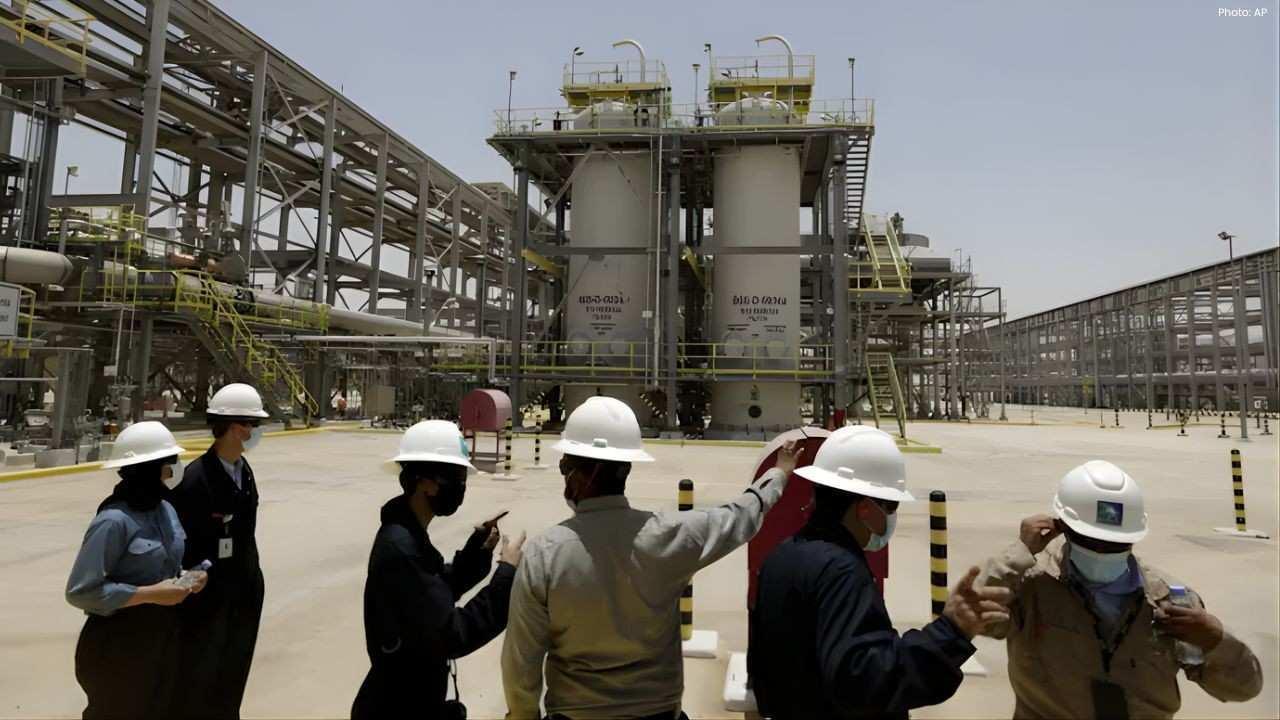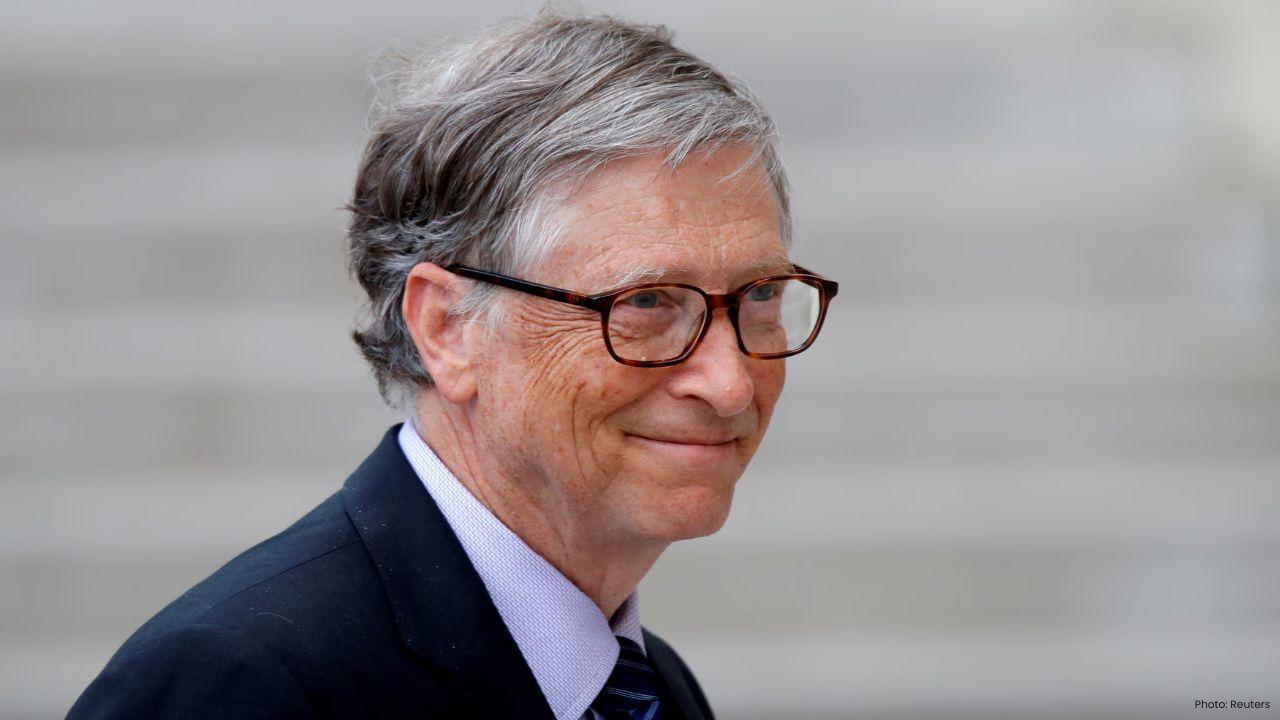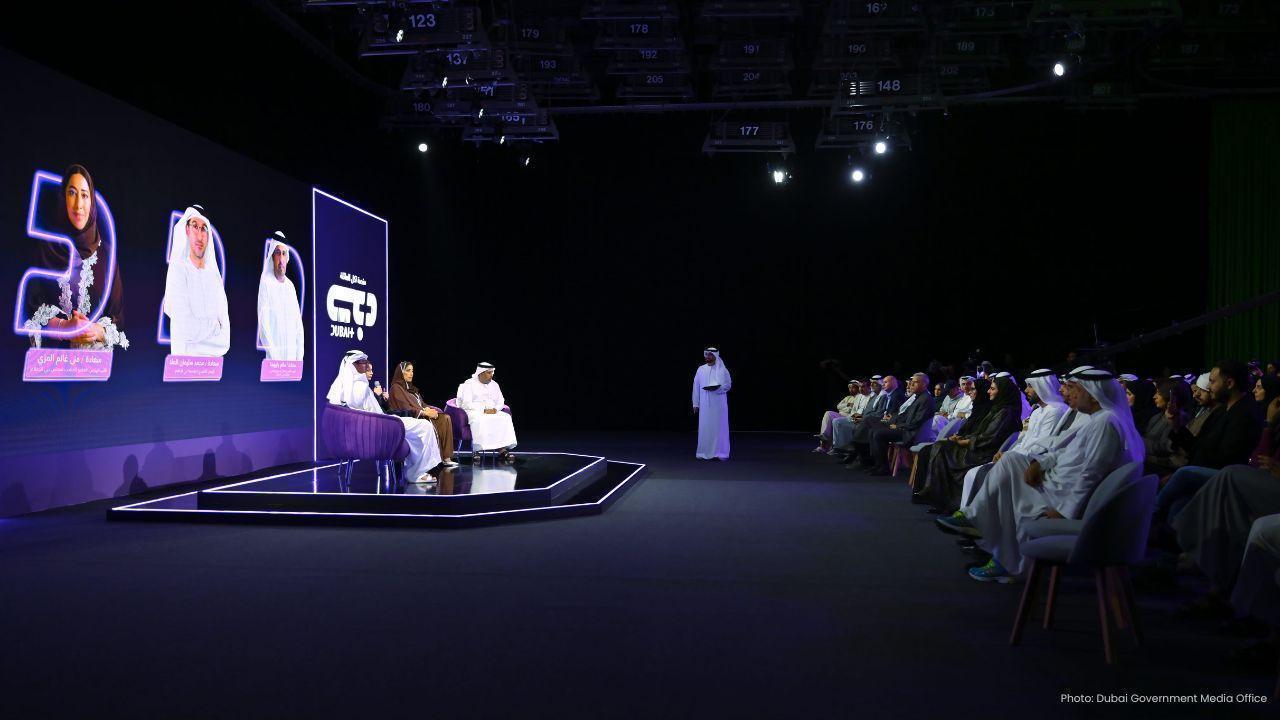
Post by : Mariam Al-Faris
Saudi Arabia has officially abolished the Kafala system, a labour sponsorship framework that governed migrant workers for more than seven decades. Announced in June 2025, this historic reform aims to enhance migrant welfare and labour rights across the kingdom, benefiting approximately 13 million foreign workers, most from South and Southeast Asia.
The Kafala system, derived from Arabic meaning “sponsorship,” tied each migrant worker to a local employer or sponsor, known as a Kafeel. The system controlled residency, employment, and legal status, limiting workers’ freedom to change jobs, travel, or approach authorities without employer consent. Originally introduced during the Gulf’s 1950s oil boom, it was intended to regulate foreign labour.
Over time, the Kafala system became notorious for exploitation and abuse. Employers often withheld wages, confiscated passports, and restricted worker movement. Domestic workers, particularly women, faced isolation, overwork, and abuse. Human rights organizations labeled it “modern-day slavery,” highlighting the system’s violation of fundamental freedoms and protections for migrant workers.
With nearly 13.4 million migrant workers, representing 42% of the population, Saudi Arabia relies heavily on foreign labour in construction, agriculture, and domestic work. Most workers come from India, Bangladesh, Nepal, and the Philippines. International organizations, including the ILO, and foreign governments had long called for reform to prevent forced labour and human trafficking.
The abolition of the Kafala system replaces it with a contract-based employment framework. Migrant workers now have the freedom to change jobs without employer approval and can travel abroad freely, ending long-standing restrictions and entrapment. These reforms also provide better access to labour courts and complaint mechanisms, allowing workers to report violations safely.
The reform forms a key part of Crown Prince Mohammed bin Salman’s Vision 2030, a national strategy to modernize Saudi society, diversify the economy, and improve its international reputation. By aligning labour practices with international standards, Saudi Arabia aims to strengthen its image as a fair and progressive employer in the region.
Saudi Arabia’s decision follows regional labour reforms, including Qatar’s updates before the 2022 FIFA World Cup. These changes signal the Gulf’s growing recognition of the importance of migrant worker protections, transparency in employment, and modernized labour regulations.
The new system is expected to empower workers, reduce exploitation, and improve overall labour productivity. Employers are encouraged to adopt fair practices, while workers gain legal protection and greater autonomy, contributing to a more sustainable and competitive economy.
The end of the Kafala system marks a historic shift in Saudi Arabia’s approach to migrant labour. With improved freedom, legal rights, and international alignment, the kingdom is taking a major step toward modernizing its labour market and ensuring a more equitable and humane environment for millions of migrant workers.










Mattel Revives Masters of the Universe Toys Ahead of Film Launch
Mattel reintroduces Masters of the Universe action figures in sync with a new movie, reigniting pass

China Carries Out Executions of 11 Ming Family Members for Myanmar Scams
China has executed 11 Ming family members for orchestrating extensive scams and illegal gambling ope

US Issues Urgent Warning to Iran Amid Military Buildup in Gulf Region
As US military presence increases, Trump urges Iran to negotiate on nuclear program and warns of str

Copper Prices Reach Historical Heights Amid Global Metal Surge
Copper prices peak as geopolitical issues and a weak dollar fuel demand, initiating a sweeping rise

New Zealand Claims Victory Over India by 50 Runs in T20 Match
New Zealand defeated India by 50 runs in the fourth T20I, keeping their hopes alive in the series de

BTS Tour Demand Surges: Mexico Requests More Concerts
Mexico's President seeks more BTS concerts due to overwhelming ticket demand as fans rush to secure